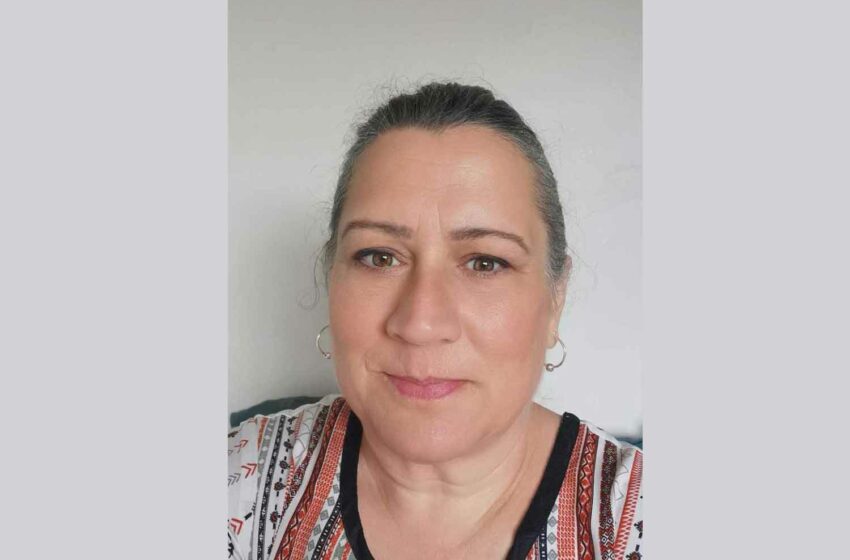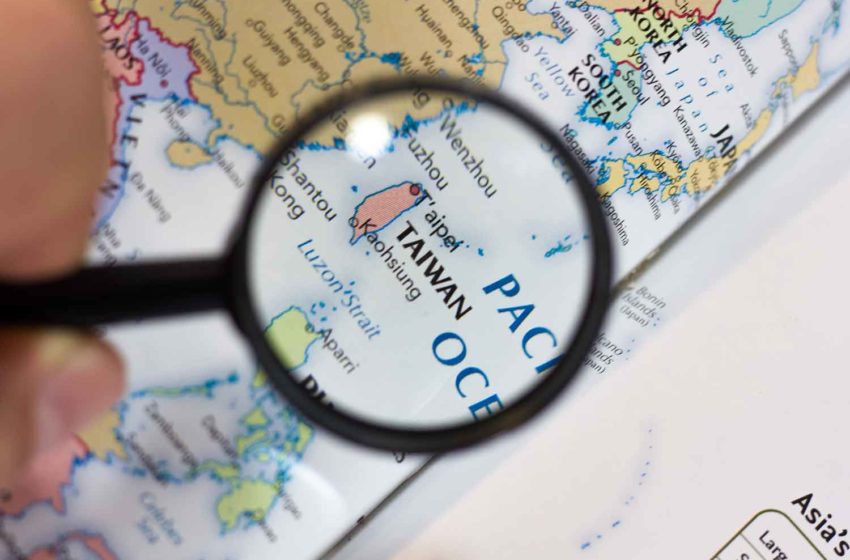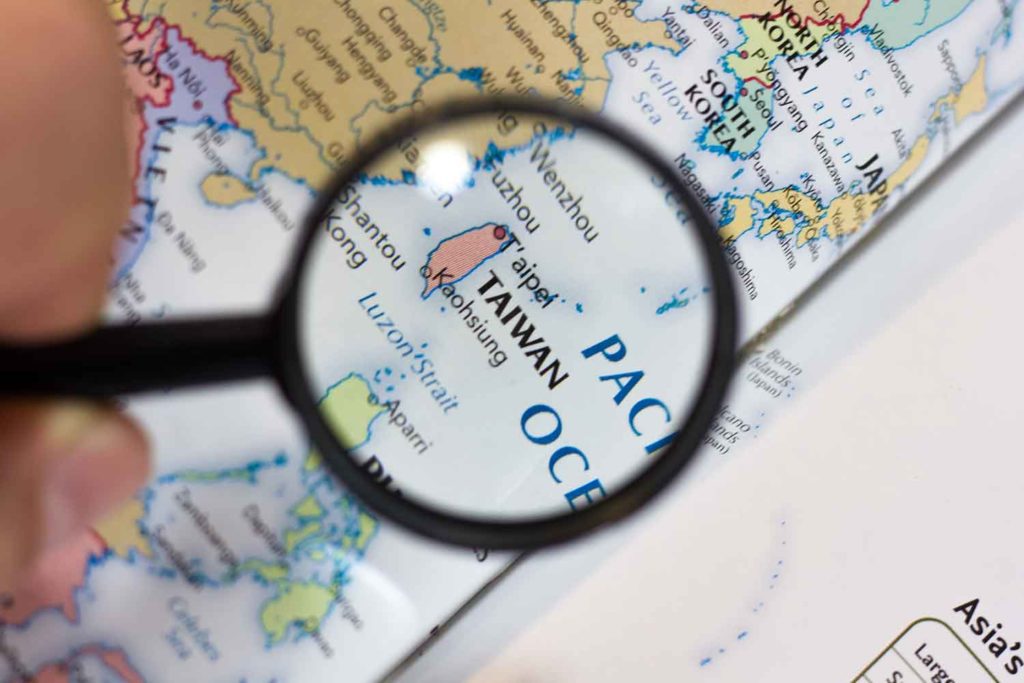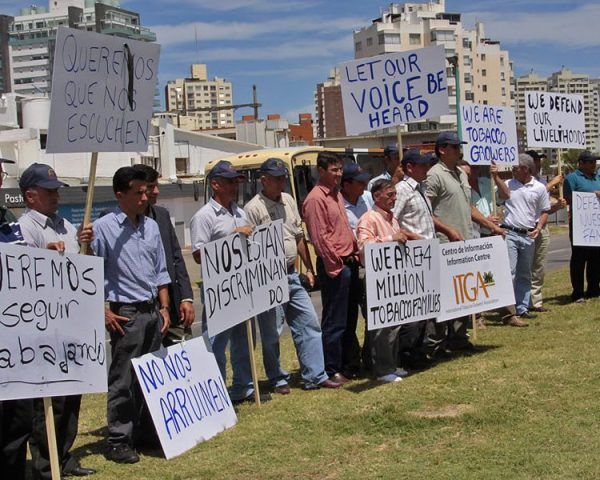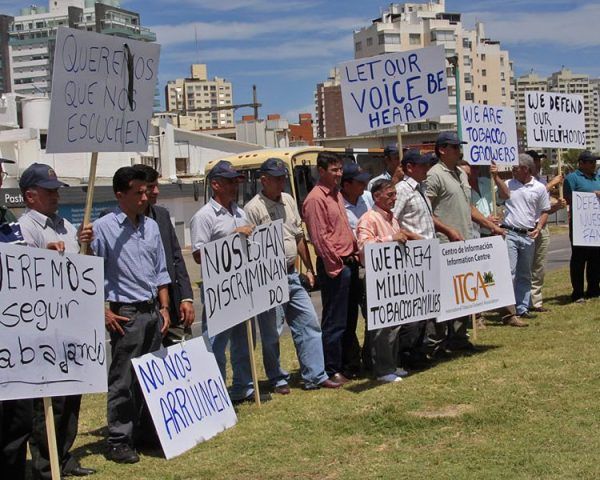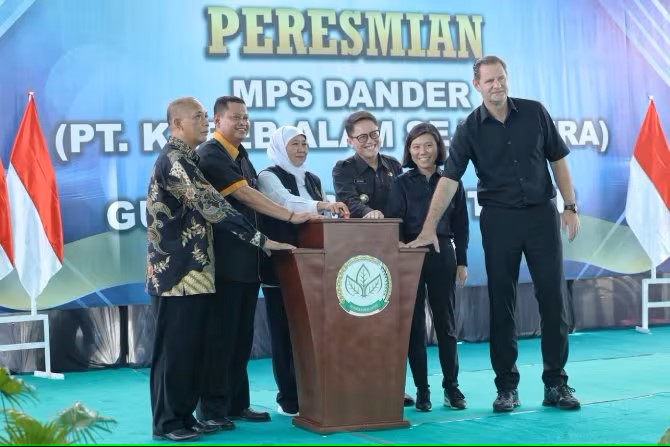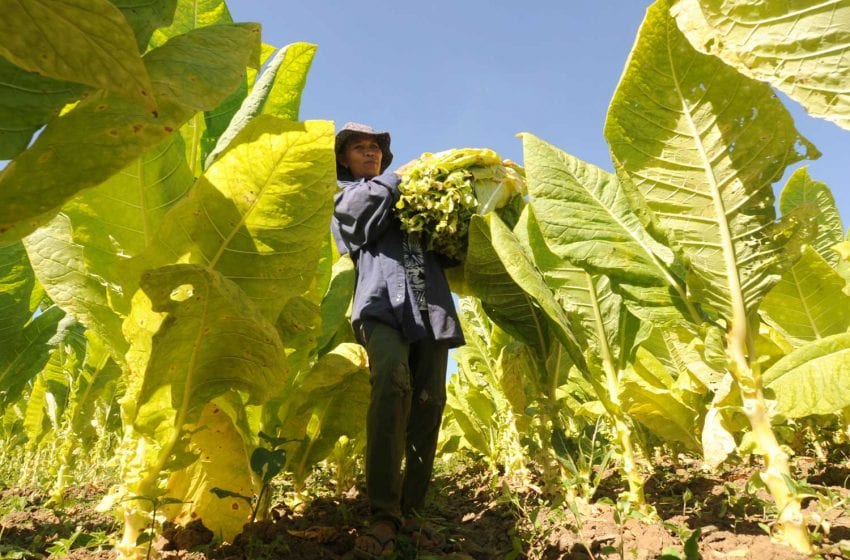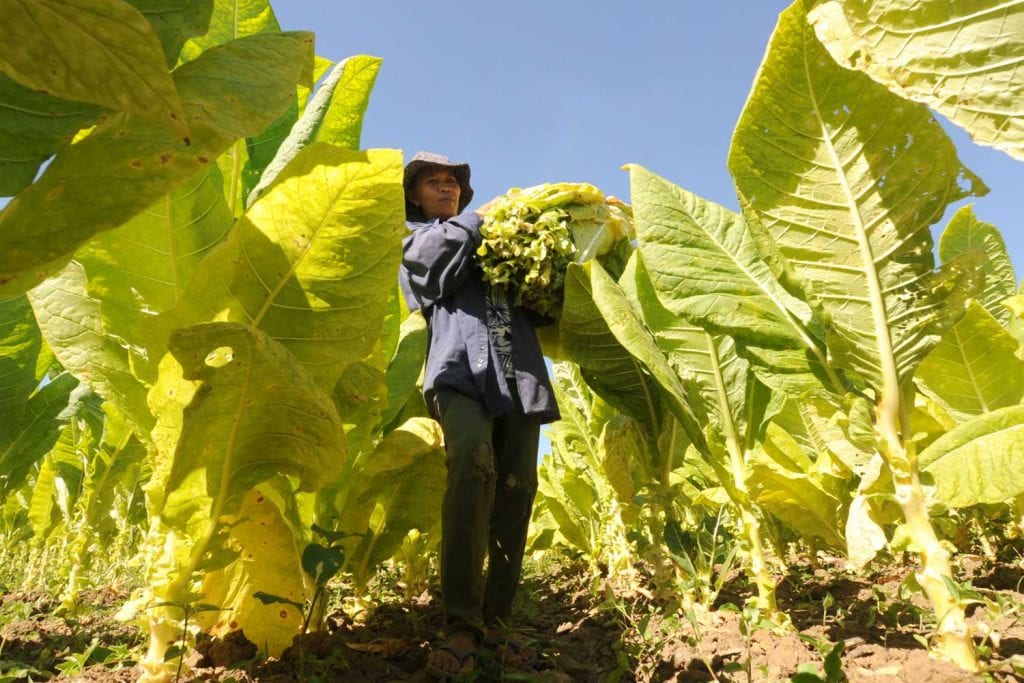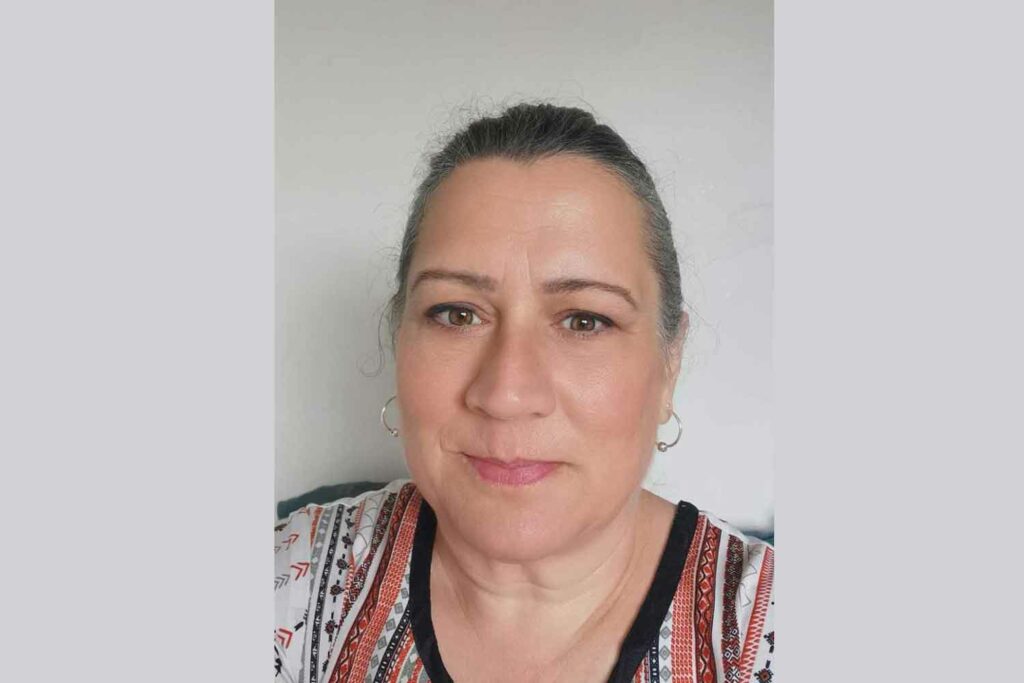
The Coalition of Asia Pacific Tobacco Harm Reduction Advocates (CAPHRA) has called on the World Health Organization and the Framework Convention on Tobacco Control (FCTC) to adopt a more transparent, open and evidence-based approach to tobacco harm reduction.
“This demand comes in light of the upcoming Conference of the Parties (COP10) in Panama, where governments will discuss global strategies to address the tobacco epidemic”, said Nancy Loucas, executive coordinator of CAPHRA.
CAPHRA’s critique aligns with the insights of Clive Bates, a renowned tobacco control expert, who has highlighted the WHO’s counterproductive stance on safer nicotine alternatives such as vaping and heated tobacco products. Bates argues that the WHO’s approach, which often leans towards prohibition, inadvertently protects the cigarette trade, fosters black markets, and prolongs the epidemic of smoking-related diseases.
“CAPHRA emphasizes the need for the WHO and FCTC to engage with all stakeholders, including consumer groups, and to consider the full spectrum of scientific evidence when formulating policies,” said Loucas.
“We believe that the focus should be on reducing the harm caused by smoked tobacco, which is the primary contributor to tobacco-related health issues.”
CAPHRA also calls for webcasting and public access to the entire COP10 meeting to ensure transparency and accountability.
“The positions adopted by delegates and observers should be open for all to see, fostering a more inclusive and evidence-driven dialogue”, said Loucas.
In the spirit of the 20th anniversary of the adoption of the FCTC treaty, CAPHRA advocates for a re-evaluation of the treaty’s approach to tobacco harm reduction, urging parties to consider the potential benefits of risk-proportionate regulations that protect public health while ensuring the availability of safer nicotine alternatives.

